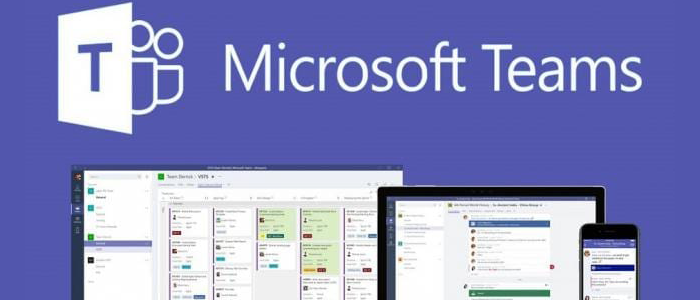Microsoft has dubbed Microsoft Teams it’s “hub for teamwork in Office 365”. However, they were left red faced last week when it transpired they had forgotten to renew an authentication certificate associated with the service. That memory lapse managed to topple the popular group chat and collaboration software, disabling access to the service for 3 hours. Interestingly, this embarassing faux pas has coincided with the first TV commercials being aired stateside for the application during the recent NFL playoffs. The same ad campaign will be rolled out in Europe next month as Microsoft continue to apply serious pressure to Slack, it’s main rival in the group chat space.
End of life for Skype for Business
Despite this temporary blip Microsoft are on track to dominate a market they only entered 2 years ago when they launched Microsoft Teams. We’ve reported previously on how Microsoft hit a daily average user count of 13 million in July 2019. That figure mushroomed to a reported 20 million DAU count in November 2019. Moreover, it’s now used in 500,000 organisations, including 91 of the Fortune 100. Hey, you use Skype for Business though, why should you care? Well, Microsoft Teams is the evolutionary path for Skype for Business users which will literally ‘hang up’ on July 31 2021.
Empowering firstline workers
Microsoft defines firstline workers as service or task orientated employees who work on shifts. An example could be a sales associate at a retail store or a factory worker on a production line. Microsoft estimates that there are 2 billion workers employed in these roles and they want to empower your mobile workforce with Microsoft Teams.
One company embracing Microsoft Teams is IKEA who have 160,000 firstline workers worldwide. In one store they have managed to save £30,000 annually by transitioning shift management into Microsoft Teams. Managers can perform administrative tasks for entire shifts. Want Bob to perform a clean-up on ailse 3? No problem, just message him. Need to remind the whole team about the fire drill on Tuesday morning? Send a group message. There’s also increased engagement from workers who can now view upcoming shifts, request time off or even swap shifts with co-workers.
Evolution of the modern workplace
Undoubtably, Microsoft Teams is here to stay. It’s the long term successor to Skype for Business, more feature rich and already cutting it’s teeth successfully on real business problems. It may well have a huge impact on the way you conduct business in your workplace if your organisation chooses to adopt Office 365.









